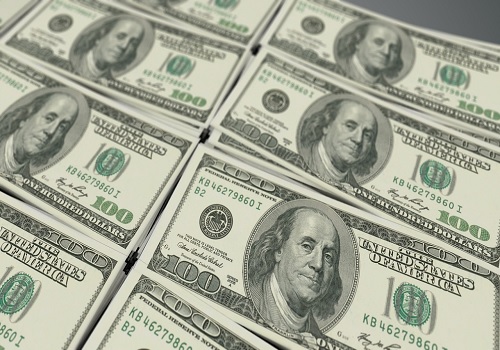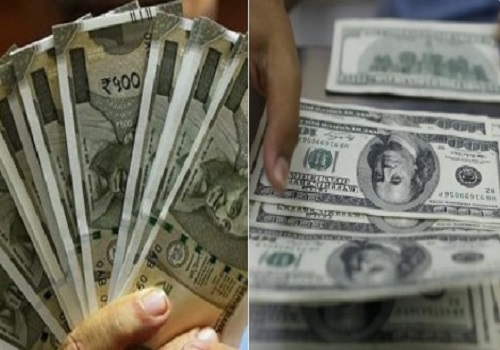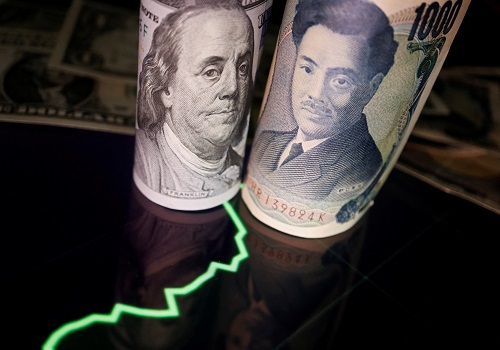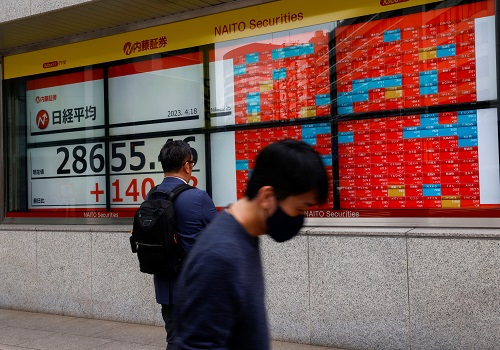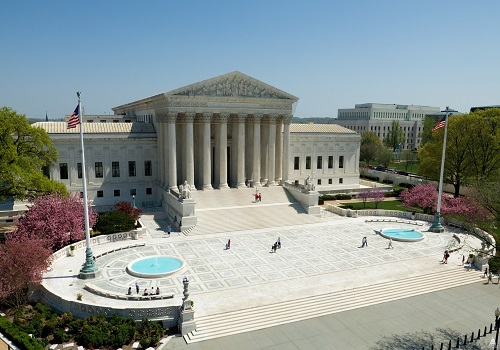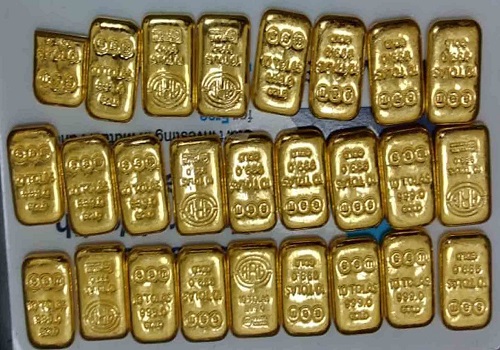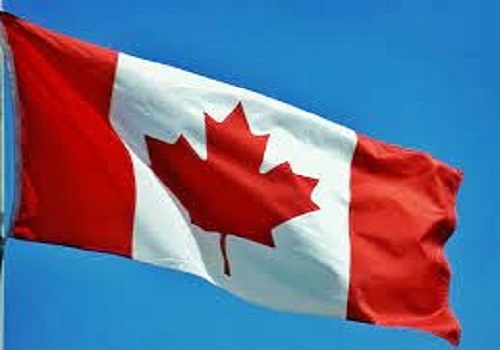Strong earnings eclipse surging euro zone inflation for now
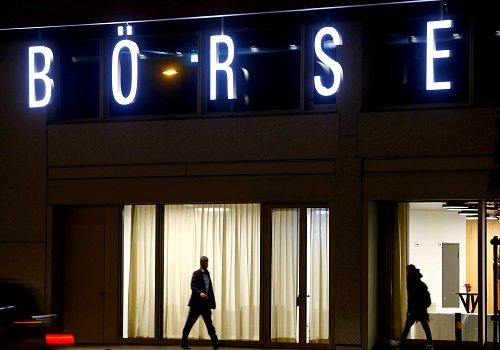
Follow us Now on Telegram ! Get daily 10 - 12 important updates on Business, Finance and Investment. Join our Telegram Channel
LONDON - Strong earnings from tech giant Google gave shares a shot in the arm on Wednesday, helping to counter jitters over the pace of interest rate hikes as record high euro zone inflation piled more pressure on the European Central Bank.
The STOXX index of 600 European companies rose 0.6%, up for a third straight session, to recoup nearly half its losses during January's global rout in shares.
Crude oil eyed seven-year highs and the dollar eased, while on Wall Street, S&P 500 futures were 0.8% firmer, and the tech-heavy Nasdaq futures jumped 1.7%.
Pleasing earnings from chipmaker Advanced Micro Devices also bolstered sentiment in the tech sector, with Facebook parent Meta reporting earnings later on Wednesday.
But record high euro zone inflation of 5.1% in January was a surprise, defying expectations of a drop to 4.4%, sending German government bond yields to multi-year highs and the euro surging.
The ECB has insisted that price growth is temporary and benign, but markets will be looking for any change in tone when it meets on Thursday.
"The unexpectedly high inflation rate is a slap in the face for the ECB. It will have to finally recognise the massively increased inflation risks and take its foot off the pedal of monetary policy," said Joerg Kramer, chief economist at Commerzbank.
In Asia, a number of markets, including China, were closed for the Lunar New Year holidays.
Global equities in January had their worst month since March 2020, at the height of the initial wave of the COVID-19 pandemic, Deutsche Bank research showed, but the rebound so far has been patchy.
"We remain in ranges and not really going anywhere ahead of the central bank meetings," said Michael Hewson, chief markets analyst at CMC Markets.
Markets are pricing in a string of rate hikes from the Federal Reserve and the Bank of England, Hewson said. The BoE meets on Thursday, and markets expect the central bank to increase UK rates.
Fed officials sought to play down the chance of a half-point rate rise in March. Though he said he saw three successive hikes starting in March, St. Louis Fed President James Bullard pushed back at the idea of an initial half-percentage point move.
Friday's U.S. non-farm payroll figures will also be closely watched.
OIL EYES OPEC+
Oil prices were slightly down but still near last week's seven-year highs as a draw in U.S. crude stocks confirmed strong demand and a lack of supply, but investors remained cautious ahead of an OPEC+ meeting later on Wednesday.
"The main concern for the market is that many members are unable to deliver on their quotas due to a lack of spare capacity as a result of years of underinvestment," analysts at UniCredit bank said.
Brent crude was off 0.25% at $88.95 a barrel. U.S. West Texas Intermediate crude was down 0.1% at $88.10 ahead of the OPEC+ meeting.
The bond market sell-off that has upended financial markets since the start of the year stalled on Tuesday, with benchmark U.S. 10-year Treasury yields hovering near their lowest levels in a week. [GVD/EUR]
Benchmark U.S. 10-year Treasury yields edged lower to 1.7787, limiting losses in non-interest bearing bullion. Spot gold was up 0.18% at $1,804 per ounce.
Treasury yields, which move inversely to prices, rose by some measures at their fastest pace since 2009 in January as investors started to price in the possibility that the Fed could raise interest rates as many as five times this year.
As the dollar eased, risk-sensitive currencies such as the Australian dollar, the euro, and the British pound gained. The dollar index fell 0.4% as the euro jumped 0.45% to $1.1321.
The rouble strengthened to a near two-week high past 76 against the dollar after the Kremlin said Russia had plans in place to hedge against possible U.S. sanctions Washington threatens to impose should Russia invade neighbouring Ukraine.













